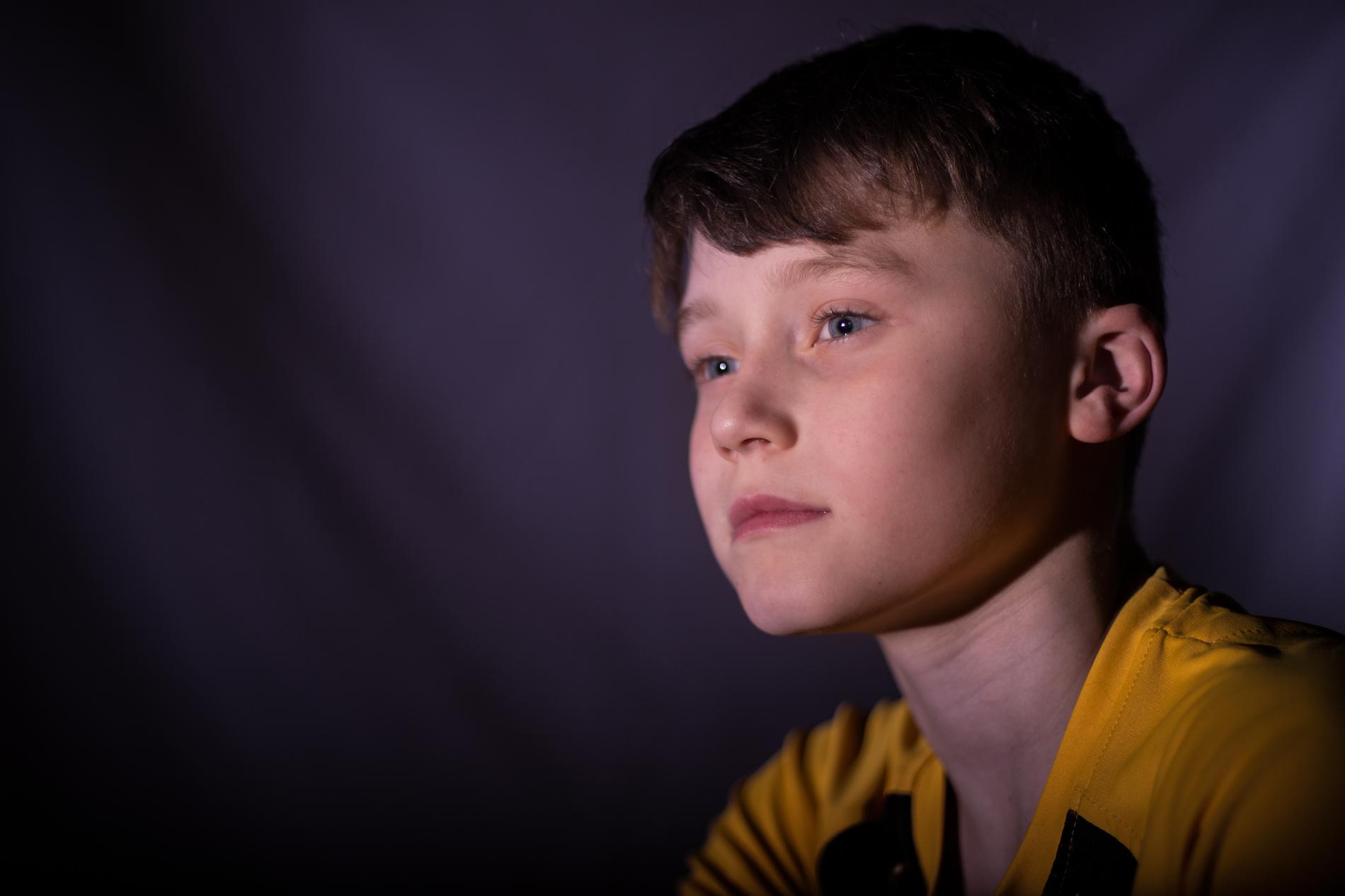
People can, and do, recover from eating disorders, but professional help is often required. Unfortunately, the longer symptoms are denied or ignored, the more difficult recovery tends to be. If you or someone you know suffers from a possible eating disorder, it's important to seek help immediately. Family members and friends can also benefit from information and support.

Eating disorders are serious illnesses, but people can -- and do -- recover fully. You and your parents or your partner will benefit from having professional help to guide you
You don't have to struggle alone. Talk to your parents, your partner, or another trusted adult. Having their support through the process of recovery gives you a significant boost. They can help you access treatment and care. You can show them NEDIC's Caregiver's Guide to help answer their questions.
There is no known cause of eating disorders. However, there are numerous factors that together can increase the chances that someone will develop an eating disorder. Some of these are genetic factors, social and environmental factors, body-based bullying, trauma, perfectionism, low self-esteem, and body dissatisfaction. Whatever factors have contributed, the most important thing is for you to get help as soon as possible. Once you are doing better with re-nourishment, exploring the factors that affected you can be a helpful process.
Eating disorders are about how you feel about food and in your body. You will need to see a doctor in order to get a diagnosis, but you can take this quiz to see if you might have some eating problems that could be linked to an eating disorder.
Eating disorders are not lifestyle choices or or your sibling trying to make everyone in the family unhappy. They are real illnesses with psychological and physical symptoms. Recovery is possible, but challenging. Family members can play different and important roles in that recovery.
It is not your fault that your sibling developed an eating disorder. You did not cause it. In fact, there is no known cause of eating disorders, just numerous factors that together can increase the chances that a person will develop one.
The most important thing is for your sibling to get help as soon as possible. If you suspect they may have an eating disorder, tell your parents or caregiver.
It is your parents’ responsibility to ensure that your sibling gets treatment. It is also their role and responsibility to manage the ill child’s eating disorder symptoms around meal times.
Siblings can help in other ways, such as
Your age and your sibling's age will make a difference to what you can do to help. You can read this article for more ideas.
